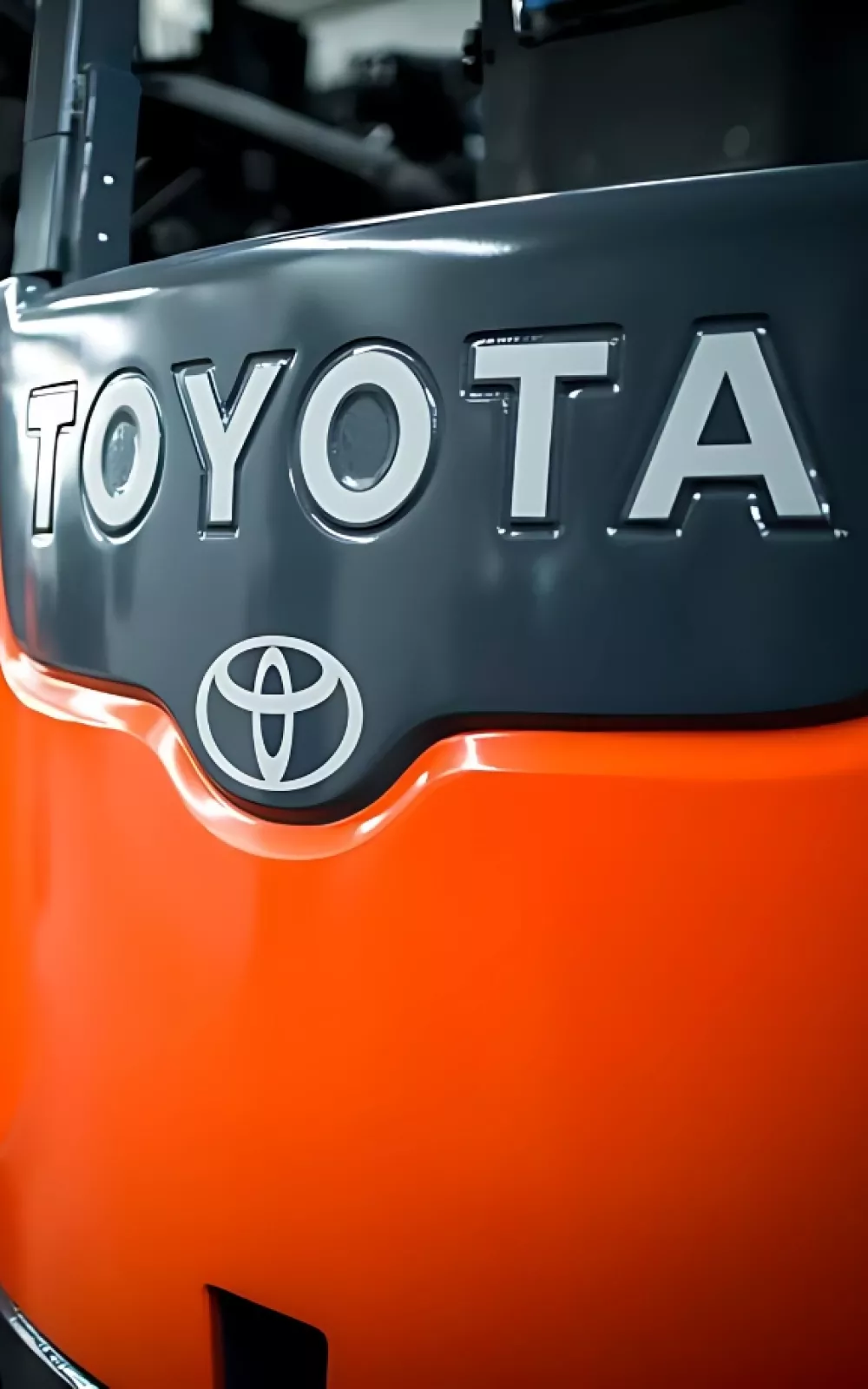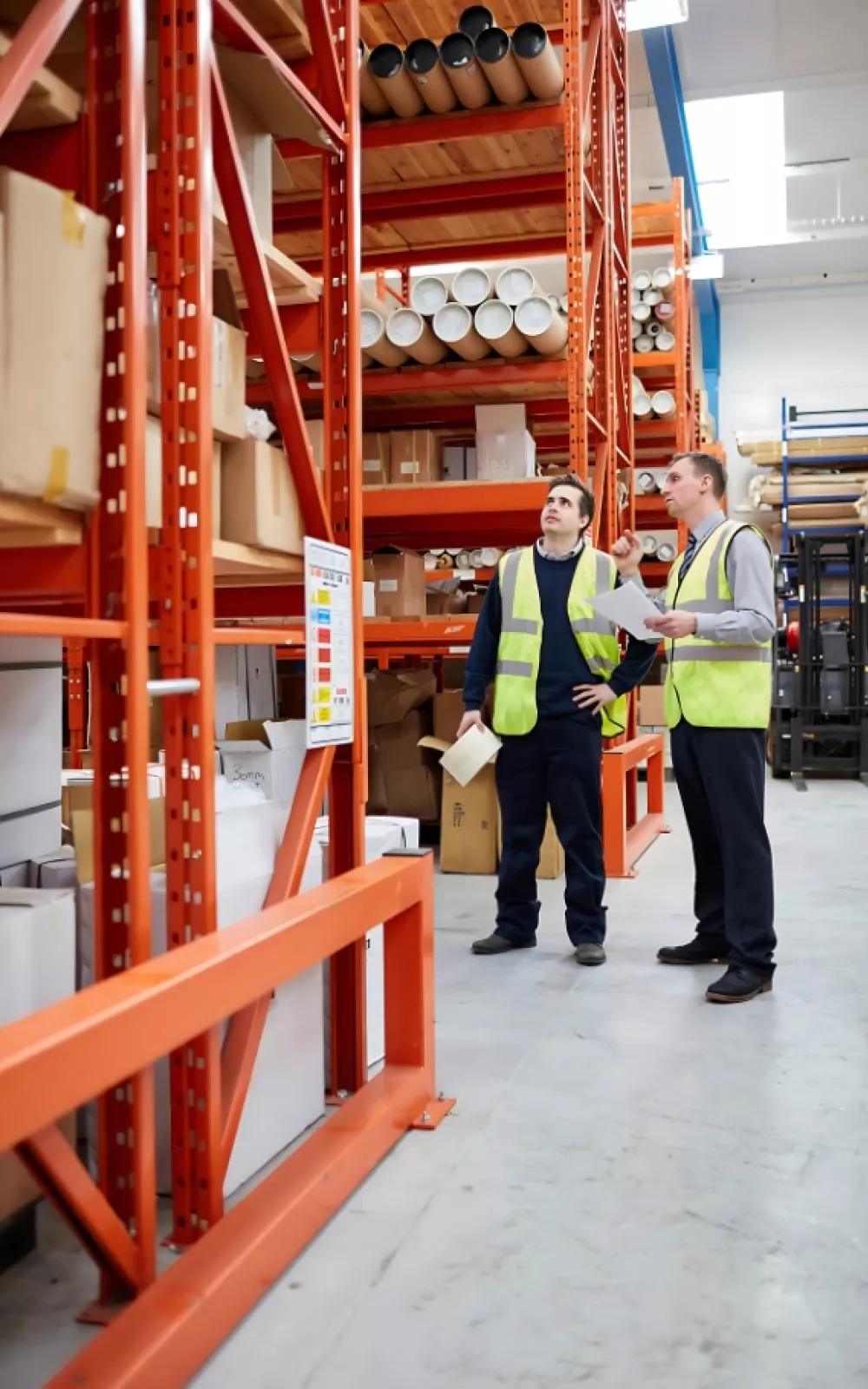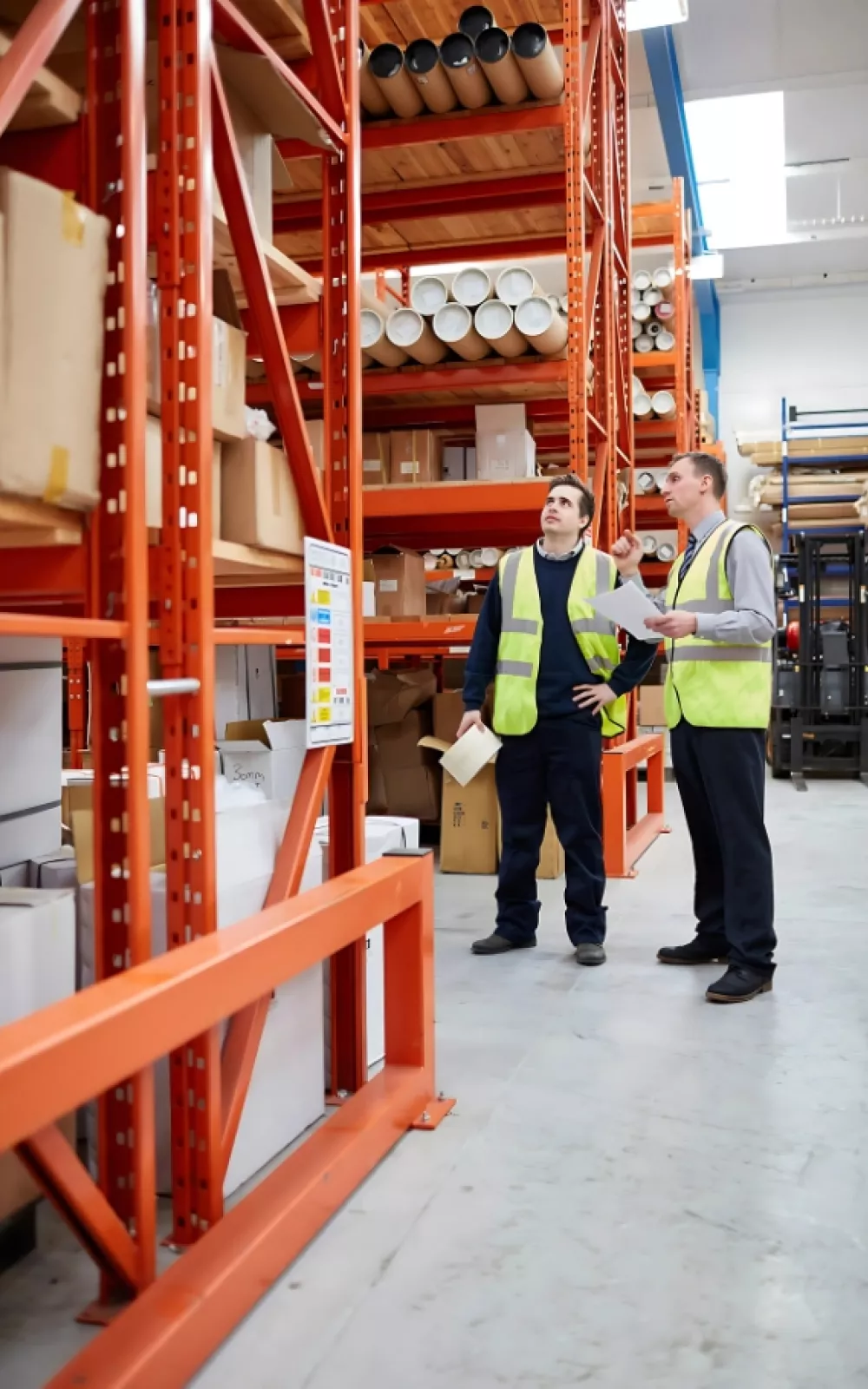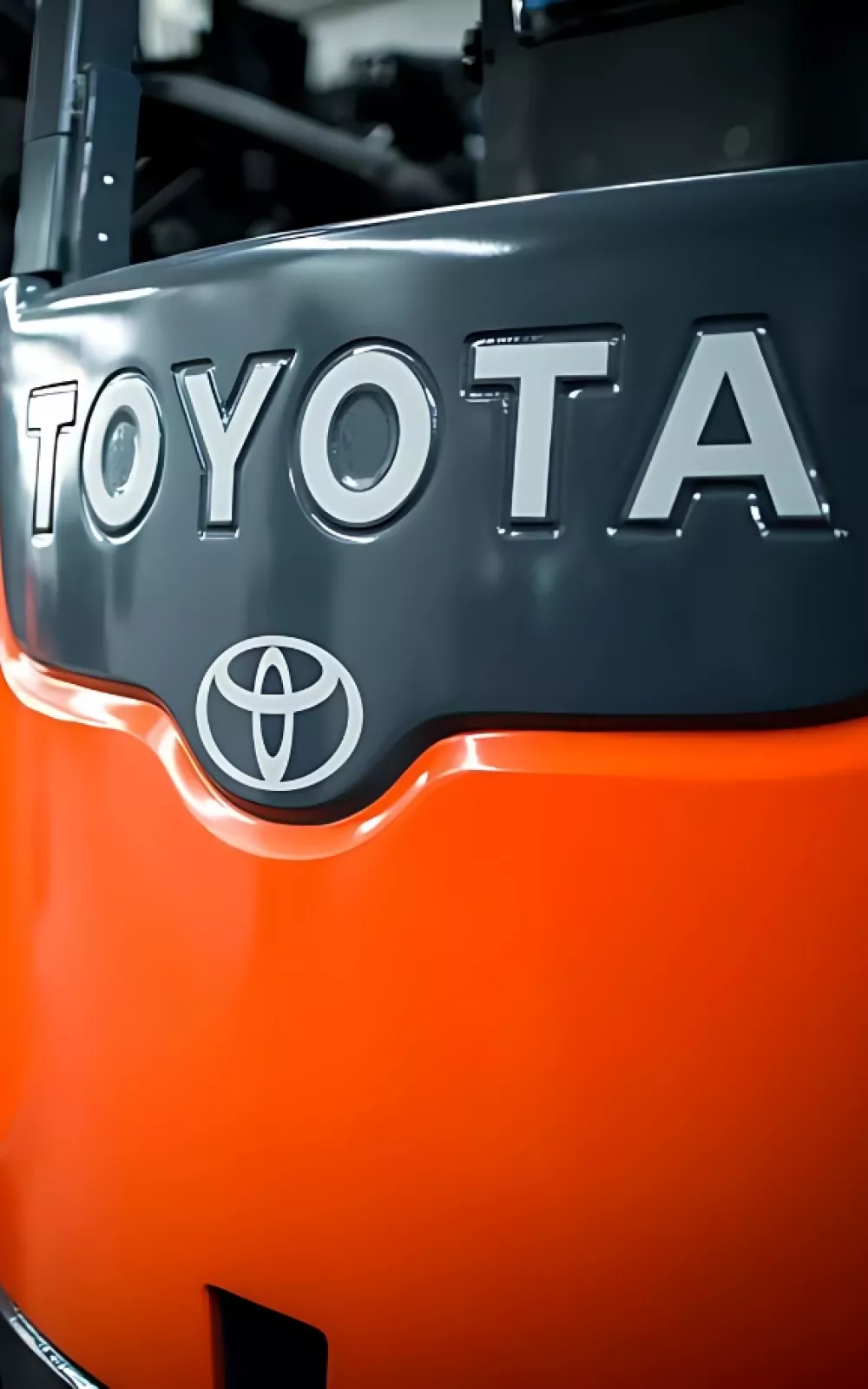Rent
ProLift offers daily, weekly, and monthly rentals. Find the right equipment for maximum productivity and safety.
Let us know how we can assist you! A ProLift specialist will connect with you to help with your material handling needs.


Leasing forklift equipment offers several key benefits, including:
Contact us with any financing questions before starting your equipment search, and we’ll connect you with a ProLift sales consultant.


Finding the right forklift is essential for productivity, operator morale, and safety. Before leasing or purchasing a forklift, work with a sales consultant to consider these key questions:
Finding the right forklift is essential for productivity, operator morale, and safety. Before leasing or purchasing a forklift, work with your dealer to consider key questions.

Choosing the right leasing is just as crucial as selecting the right equipment. Schedule an appointment with a sales consultant to discuss options.


To help you navigate the process, we’ve compiled answers to some of the most frequently asked questions about forklift leasing.
Traditionally, your equipment lease may have spanned five years, but opting for a shorter lease term could bring added benefits to both your production and budget. We encourage you to consider forklift lease utilization, monthly payment, fuel type, uptime requirements, and technology advancements.
Yes, ending a forklift lease early is possible, but your company may incur charges. It's always a good idea to discuss options with your forklift dealer to understand any your options.
Yes, leasing a forklift can be an excellent option for businesses running multiple shifts. By identifying when the cost of downtime and maintenance outweighs the forklift’s usefulness, you can return the leased forklift with a new one to decrease extra costs and ensure your production needs are met efficiently. Leasing also provides flexibility to upgrade to newer models as your needs evolve, which is especially beneficial in high-demand environments like multi-shift operations.
When entering a forklift lease, a business agrees to meet the return conditions set by the financing company. The evaluation aims to give the business a comprehensive overview of forklift conditions and purchase options. Ideally, it should occur about six months before the lease expires.
If your standard forklift lease doesn’t provide enough operating hours, you can explore adding extra hours to your lease agreement. Exceeding the allotted hours in your lease may result in overtime charges, which can cost up to $4 per additional hour.
Yes, used equipment can be leased. The financing company may impose restrictions on the lease term and residual value when leasing used equipment, often based on the forklift’s hours, age, or application.
In the event you are unhappy with the equipment you purchased from ProLift after one year’s use, we will simply buy it back for the original purchase price less two thirds of our normal rental rate.

The $1 Option, also referred to as a Full Payout Lease is ideal if the goal is to own the forklift at the end of the term. This type of lease is properly utilized in low hour applications where the actual useful life of the equipment is 6 years or longer. Additionally, your company wants the forklift to be considered a capital asset rather than a true line item expense.
ProLift is a full-service dealer specializing in forklifts and material handling solutions. Tell us how we can help you achieve results at your facility.
ProLift is a full-service dealer specializing in forklifts and material handling solutions. Let us know how we can assist you, and a specialist will be in touch to help.

Let us know how we can assist you! A ProLift specialist will connect with you to help with your material handling needs.
